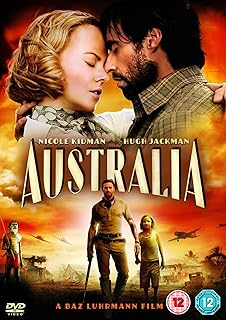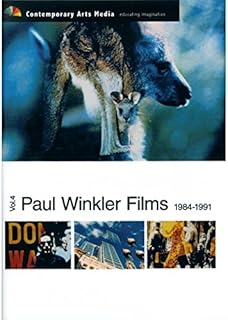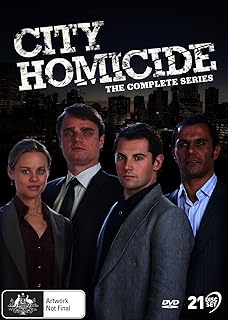In the years leading up to the launch of television in Australia, dramatists had limited platforms to showcase their work, mainly focusing on radio and amateur theatre. However, the arrival of television in 1956 brought a new era, revolutionizing the entertainment landscape and providing opportunities for local talents to flourish.
With the emergence of television, Australian writers found themselves drawn to the medium, seeking to explore its potential and carve out careers in the industry. Some writers ventured overseas to countries like Britain and America to gain firsthand experience in television production, while others remained in Australia, adapting their skills to suit the new medium.
One such writer, Cliff Green, transitioned from a schoolteacher in a rural town to a prolific television scriptwriter, showcasing his versatility by adapting various works for the screen. His journey epitomized the shift in focus towards television, with writers like Tony Morphett also finding success in the industry, propelled by a newfound love for the collaborative nature of television drama production.
As television gained prominence, it began to influence other art forms, particularly theatre and film. The 1970s saw a revival in Australian filmmaking and stage drama, with a fresh wave of talent emerging from universities and drama schools. Sydney and Melbourne became hubs of creative activity, with innovative productions like The Legend of King O’Malley and experimental works by the Australian Performing Group reshaping the cultural landscape.
The convergence of television, film, and theatre during this era marked a significant turning point in Australian storytelling. Writers and actors moved seamlessly between these mediums, with television dramas serving as a breeding ground for talent that would go on to make their mark in film and stage productions.
Key figures like Oscar Whitbread and David Williamson played pivotal roles in bridging the gap between television and film, fostering a collaborative spirit that propelled the success of iconic Australian works such as Picnic at Hanging Rock and Gallipoli. Writers like Eleanor Witcombe and John Dingwall also made significant contributions to the film industry, drawing on their television experience to craft compelling screenplays.
The intertwined evolution of Australian television, film, and theatre in the 1970s reflected a dynamic period of cultural renaissance, driven by social and political changes. Television, as a new and rapidly evolving technology, played a crucial role in reshaping the creative landscape and nurturing a generation of storytellers who would leave an indelible mark on Australian arts and entertainment.
📰 Related Articles
- Universal Music CEO Joins Ancestry Board for Cultural Impact
- Trump’s Foreign Student Policies Impact Australian Education Landscape
- Sports Betting’s Impact on Australian Culture and Society
- Report Reveals Australian Music Industry’s $8 Billion Economic Impact
- Pop Culture’s Impact on Sports Betting Strategies Unveiled

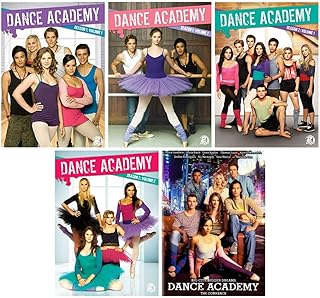
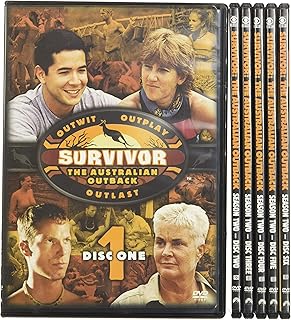
![Class Act (Complete Series) - 4-DVD Set [ NON-USA FORMAT, PAL, Reg.0 Import - Australia ]](https://m.media-amazon.com/images/I/410-GEK5hEL._AC_UL320_.jpg)
